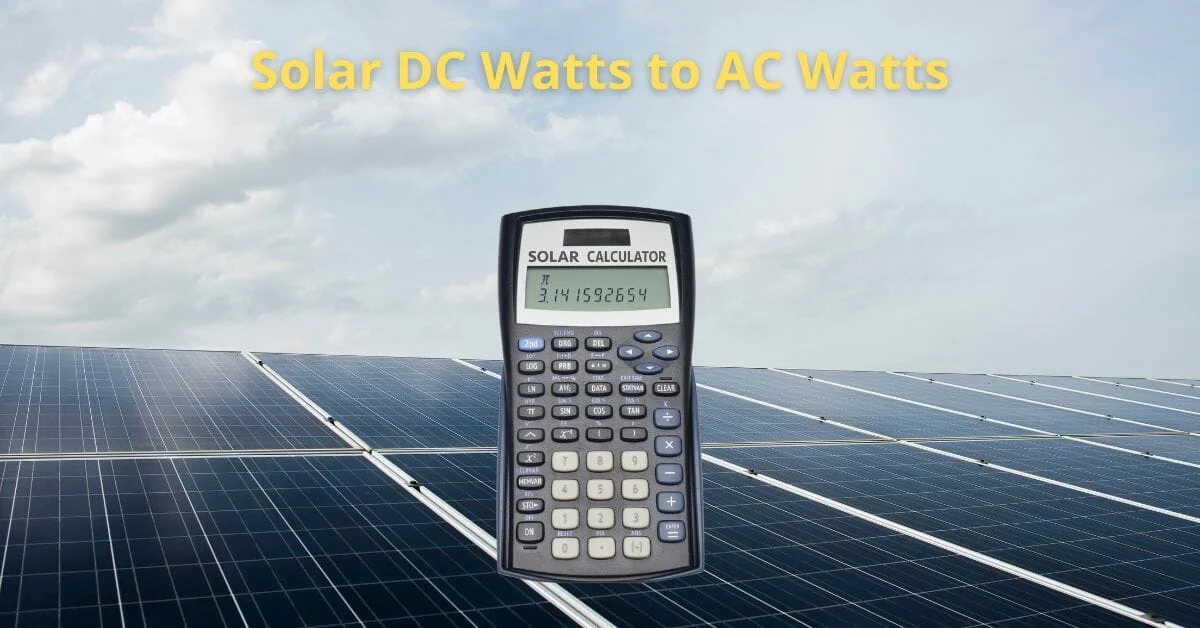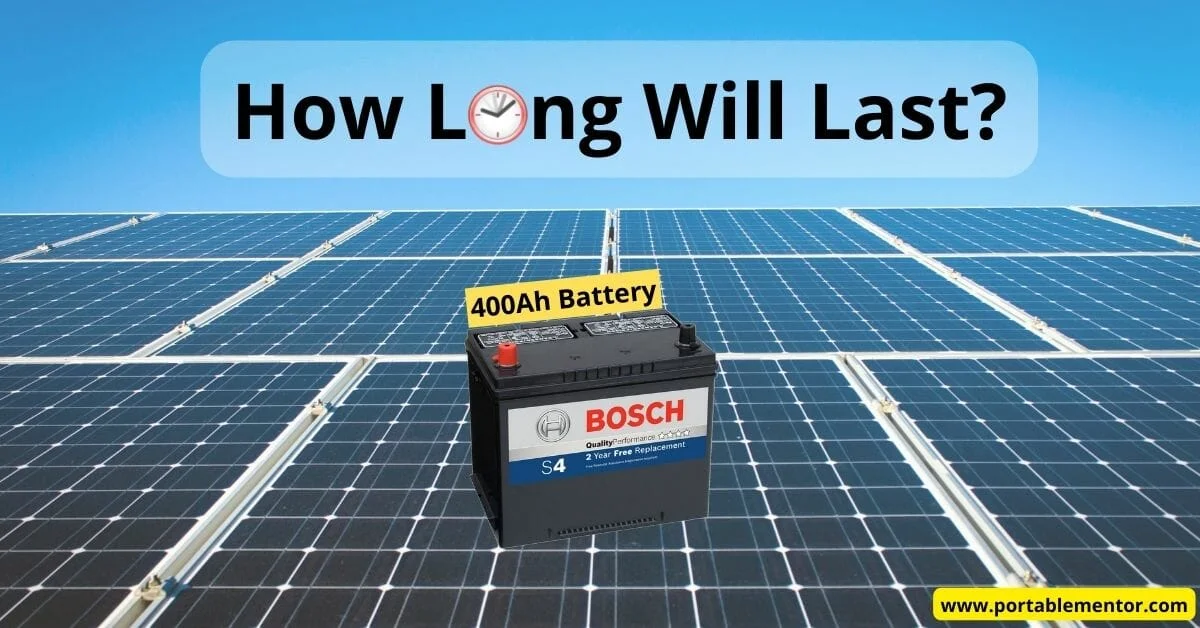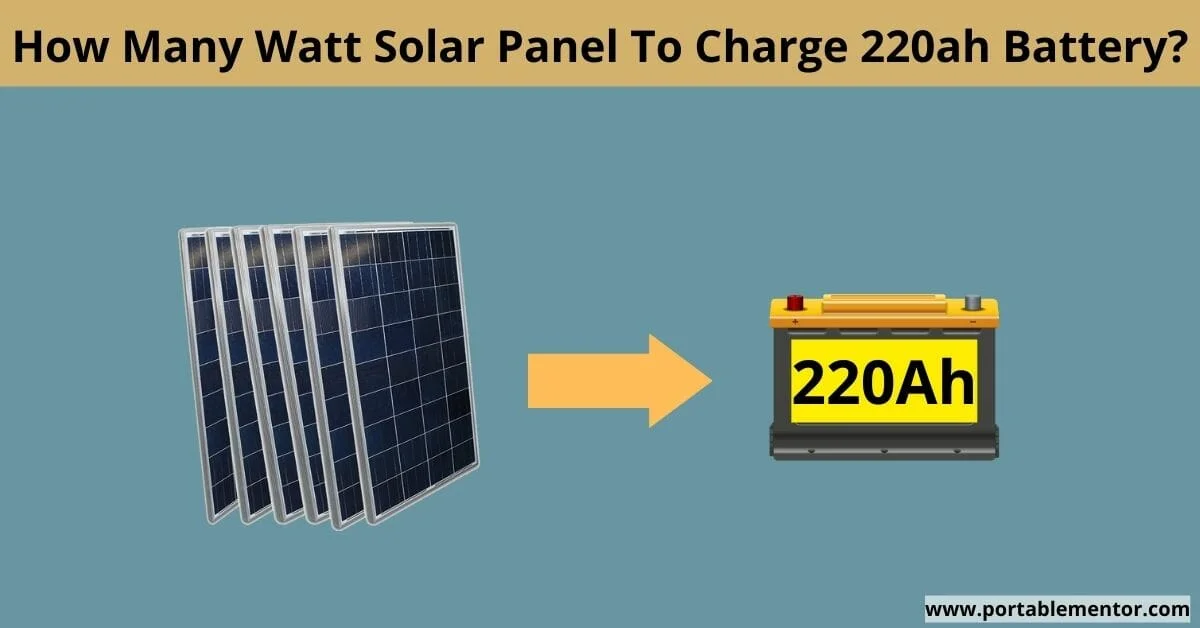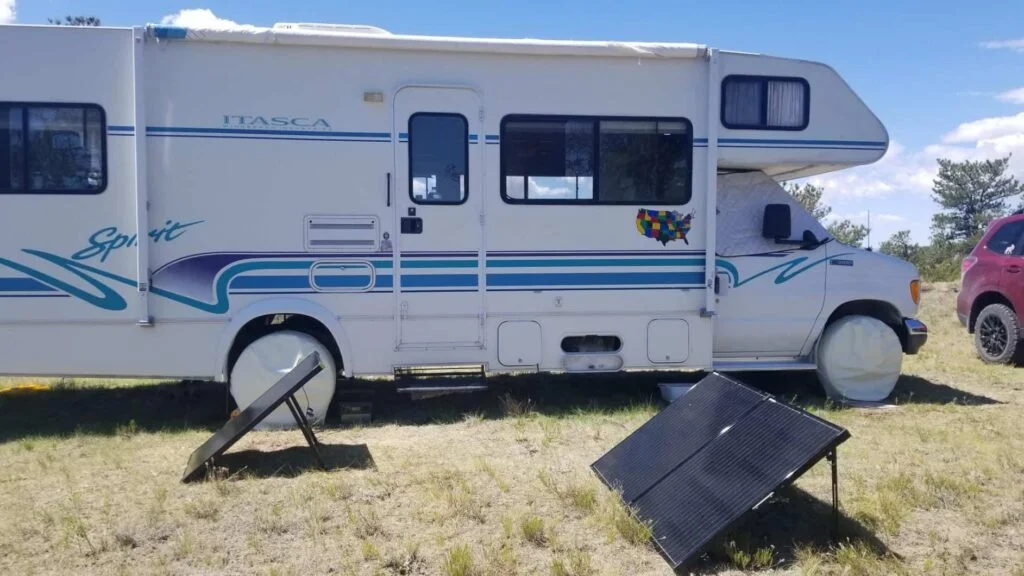
In this article, we will explore the estimated power output of a 200-watt solar panel, the impact of solar irradiance, the conversion from DC to AC power, and the appliances that can be powered by a 200 watt solar panel.
I have multiple 200W solar panels, which I use for camping and weekend RV trips.
I remember when i was thinking about getting a solar panel, i was curious to know how much power will a 200 watt solar panel produce, and also what I can power with it.
After using them for more than a year now, I can give you an idea of what appliance a 200 watt solar panel can power.
How much energy a 200 watt solar panel can produce?
On average, a 200-watt solar panel can generate approximately 800 watt-hours per day, assuming 5 peak sun hours.
The actual energy production depends on the solar irradiance your location recives. Solar irradiance refers to the power per unit area received from the Sun, typically measured in kilowatts per square meter (kW/m2).
By using tools like the PVWatts Calculator by NREL, you can determine the solar irradiance specific to your location. Enter your address (complete or just city name) and click GO>>. Confirm the location with the help of a map and click "RESULTS".
This will give you data on the total solar irradiance (also known as solar radiation) of your location.
In solar world, we call it peak sun hours. 1 peak sun hour is equal to 1000 watts per meter square (kW/m2) of solar radiation.
In simple words _ 1 peak sun hour = 1kWh/m2 solar radiation.
Based on the above picture, Florida city, on average receives about 5.7 peak sun hours per day.
Still, have any confusion about peak sun hours or about the above calculator? Read my in-depth article on peak sun hours.
Solar panel output formula
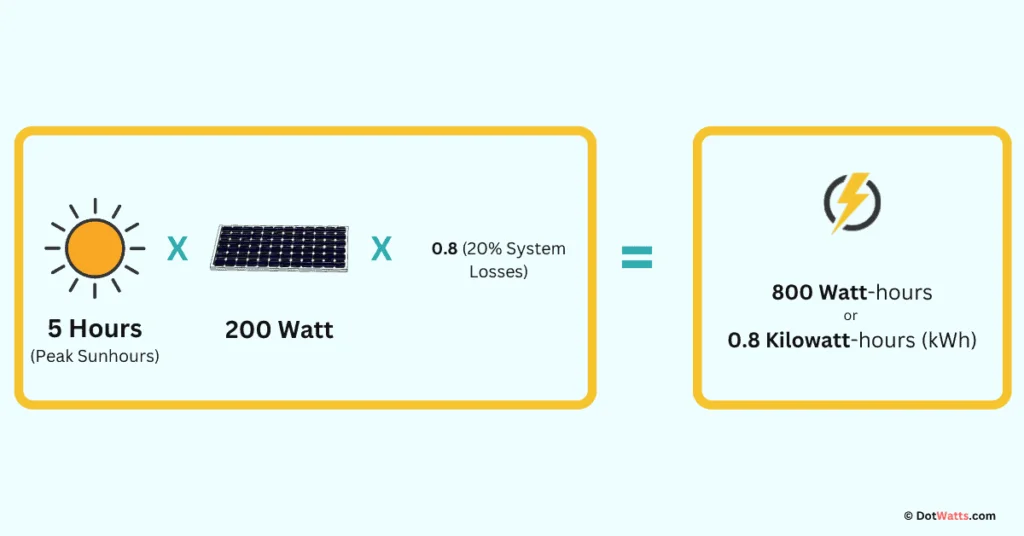
Formula: Solar panel output = (Solar Panel rated wattage × Peak sun hours) × 0.8
You might say, why multiply it by 0.8? Well, solar panels are designed to produce their rated power under standard test conditions - STC. Which includes: 1kW/m2 of sunlight intensity, 25oC temperature, and 1.5 air mass.
In real life, you'd rarely see a 200 watt output from your 200 watt solar panel. However, you'd receive about 150-180 watts of output from your 200 watt solar panel in one peak sun hour. To learn more about this, read this post, in which i have explained it in detail.
Now back to the calculation. I’ll take 5 peak sun hours as an example:
(200 × 5) × 0.81000 × 0.8200 watt solar panel output = 800 watt-hoursTo get more accurate numbers, find out the peak sun hours for your location and make the calculation accordingly.
Note: The above method will only give you an estimated output. In real life, results may fluctuate a bit.
In-depth article: 200W Solar Panel Output: (Amps, Watts, Volts)
DC Vs AC Power Output
Solar panels generate power output in the form of DC (direct current), which is characterized by low voltage levels ranging from 12 to 48 volts.
However, the electrical appliances commonly used in households are designed to operate with grid voltage outputs, typically 110 to 240 volts, which is stable and alternating current (AC).
To bridge this gap and enable the use of solar-generated electricity, an inverter is required. The role of the inverter is to convert the DC output from the solar panels into AC power that matches the requirements of our household appliances.
Unfortunately, solar inverters are not 100% efficient in their conversion process. On average, their efficiency rating stands at around 90%.
When DC power is converted to AC power using an inverter, there is a power loss of approximately 10%. This means that for every unit of electricity generated by the solar panels, around 10% of it will be lost during the conversion process.
It is important to take this efficiency loss into account when estimating the overall power output and consumption of a solar energy system.
Based on the above calculations:
800 × 0.9 (90%) = 720 watt-hoursRelated: Solar DC Watts To AC Watts Calculator & Formula
Watch this video to understand the basics of electricity: Watts (W), watt-hours (Wh), kilowatt-hours (kWh), amps (A), and amp-hours (Ah).
What Will A 200 Watt Solar Panel Run?
200 watt solar panel will be able to run or power a medium size fridge, LED light bulbs, TV, Ceiling fan, laptops, smartphones, and other small appliances that consume less than 140-150 watts of power. However, it is not suitable for running heavy appliances like microwave ovens or toasters.
Now, let's discuss some scenarios and guidelines to follow when using a 200-watt solar panel to power appliances.
Guideline for Usage
1. When your battery is discharged at its recommended depth of discharge (DoD) limit, the total load connected to the AC output of your solar panel should not exceed its current AC output.
For instance, if your solar panels are generating only 150 DC watts, you should limit your AC load to a maximum of 130 watts.
2. If you have stored power from your 200-watt solar panel in a battery bank for nighttime or emergency use, the power consumption of your load should not exceed the battery's C-rating or discharge rate.
Each battery type has its own discharge rate, which can be found in the battery specifications sheet, often listed as c-ratings or the maximum discharge rate. Following these guidelines will help maintain the lifespan of your battery.
It is important to understand the limitations of your solar panel and consider the power requirements of your appliances to ensure optimal performance and prevent overloading the system.
Use our battery C-rating calculator to find out your battery's recommended charge and discharge rate.
Can I run appliances directly from solar panels without batteries?
The answer is yes, but it’ll only work safely with a big solar panel system grid-tied. For a small solar panel system like 200w? Still, you can but it can damage your appliance.
Here are some rules to follow if you still want to do it.
- The input power rating of the appliance should not be higher than the solar panel output at the time.
- For DC appliances use a DC-DC voltage regulator. To run an AC appliance, you’d need an inverter.
Warning: Do it at your own risk lol. I won’t suggest it.
Must Read: What Size Battery for 200W Solar Panel
Is 200 Watt Solar Panel Enough?
A 200-watt solar panel system would be enough for short RV trips or camping. You can run most of the basic appliances with a 200-watt solar panel and a 100Ah battery.
Calculate the total energy consumption of your appliances that you need to run on solar power. If the daily total consumption is between 700-800 watts then having a 200w solar panel would be enough for you.
Related FAQ’s
You can run any sized fridge for a few hours on a 200-watt solar panel with the help of a battery bank and inverter.
A 200 watt solar panel can produce enough power to run a 100 watt AC appliance for about 7 hours (considering 5 peak sun hours) with the help of a battery.
Conclusion
A 200-watt solar panel can serve as a practical power source for camping or RV trips. Understanding its power output, the impact of solar irradiance, and the limitations of DC to AC conversion is crucial for proper usage.
By selecting compatible appliances and adhering to the recommended guidelines, you can harness the full potential of your 200-watt solar panel and enjoy the benefits of clean, renewable energy on your outdoor adventures.
